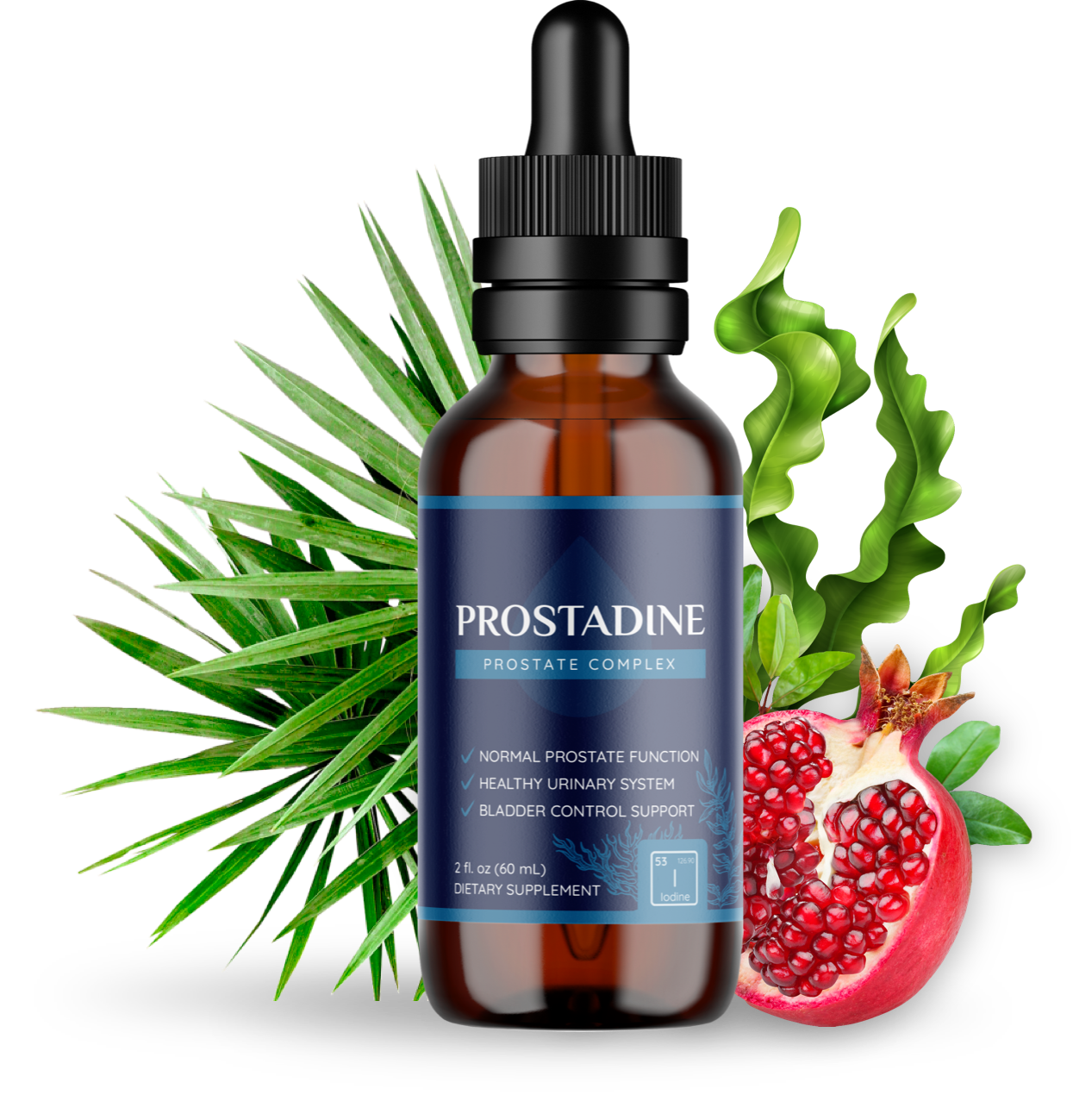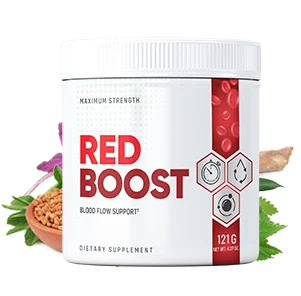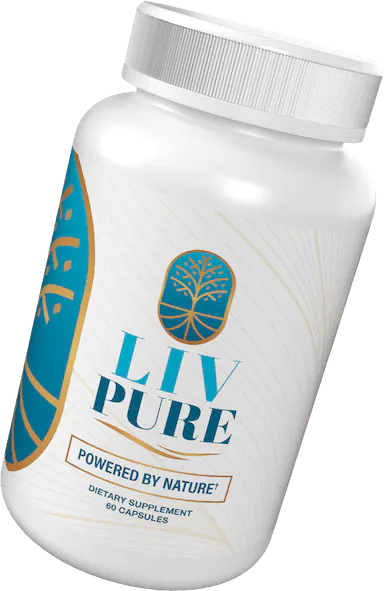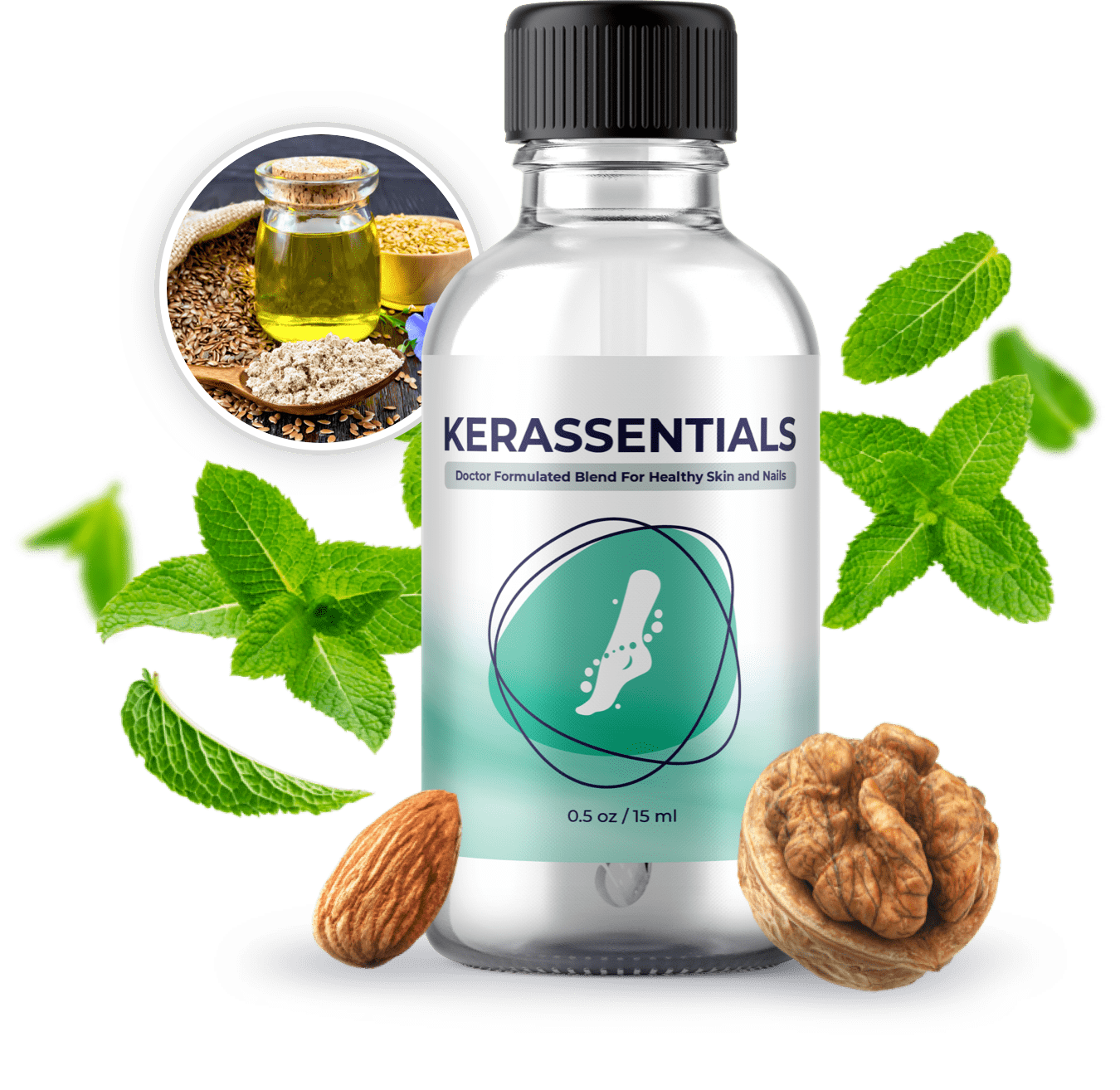Dietitians will be the first to speak to the importance of eating a nourishing breakfast. In fact, many of them go as far as to say that it’s the most important meal of the day. That said, Samantha Cassetty, RD, a registered dietitian, nutrition and wellness expert, and co-author of Sugar Shock, argues that a well-balanced breakfast isn’t complete without a few heart-healthy ingredients.
Ahead the nutrition expert shares the secret recipe for a heart-healthy breakfast and a peek into her morning routine for optimal cardiovascular health. So, who’s hungry?
What’s the secret recipe for a heart-healthy breakfast?
Cassetty says assembling a heart-healthy breakfast boils down to this: a predominantly plant-based meal, where half of the plate is comprised of fruits, veggies (or a mix of the two), and the rest of the dish is divided between a portion of protein (plant-derived or animal, it’s up to you), and either a whole grain or another starch, such as sweet or regular potatoes. “Meanwhile, ‘heart-smart’ fats, like walnuts and avocados, should accessorize your meal. For instance, top whole grain toast with avocado and walnuts or mix some pumpkin seeds into your oatmeal or yogurt,” Cassetty says.
The dietitian also explains that many typical breakfast foods are high in some mix of refined grains and added sugars. “Think bagels, muffins, croissants, and sugary breakfast cereals,” Cassetty says. “These foods can fit in a healthy diet, but for optimal heart health, it’s better to prioritize whole foods—and especially plant foods—over heavily processed ones,” she says. This means gravitating toward anti-inflammatory whole foods like whole grains, nuts, seeds, fruits, vegetables, and beans that have fiber (for optimal gut and metabolic health), vitamins, minerals, and antioxidants that help counter oxidative stress—a phenomenon that promotes heart disease—to help protect your heart in numerous ways.
On the other hand, Cassetty explains that how much you should eat of each of these foods (aka serving sizes) will depend on a number of factors. “Generally speaking, people need at least 20 grams of protein and about eight to 10 grams of fiber during breakfast, since adults need between 25 and 38 grams [of fiber], and 95 percent of people don’t meet this target,” Cassetty says.
5 heart-healthy breakfast foods, according to an RD
1. Walnuts
According to Cassetty, adding a handful of walnuts to your morning routine can go a long way. “Besides containing fiber, vitamins, minerals, and antioxidants, walnuts are the only nut that’s an excellent source of the plant-based omega-3 alpha-linolenic acid (ALA). Their unique nutrient package likely contributes to their powerful heart-health benefits,” Cassetty says, and there’s tons of evidence to support this. “[Research shows that] eating five or more servings per week was associated with a 25 percent lower risk of dying from cardiovascular diseases and a gain in about 1.3 years of life expectancy compared to those who skipped walnuts,” she says.
Another study found that participants who consume walnuts regularly—versus those who didn’t—had better health outcomes. “Walnut-eating young adults showed a greater likelihood for being more physically active, having a higher-quality diet, and experiencing other positive health outcomes as they aged into middle adulthood,” Cassetty says. Meanwhile, the study demonstrated that eating walnuts regularly was also linked to a better heart disease risk profile, including blood pressure and blood triglyceride levels.
A few breakfast recommendations: According to Cassetty, walnuts pair perfectly with most traditional breakfast foods making
Recommended Story For You :

The alpine secret for healthy weight loss

The Most Potent Fast-Acting Formula For Incinerating Stubborn Fat

Real Cortexi Users Real Life‑Changing Results

This Cold Drink Might Trigger Your Prostate

Red Boost is a powerful new formula for boosting male sexual health.

Everything you eat or drink eventually reaches your liver for processing.

Brand New Probiotics Specially Designed For The Health Of Your Teeth And Gums

Empowering You to Take Control of Your Blood Sugar Health!

Scientists Finally Discover the Root Cause of Belly Fat and Unexplained Weight Gain



